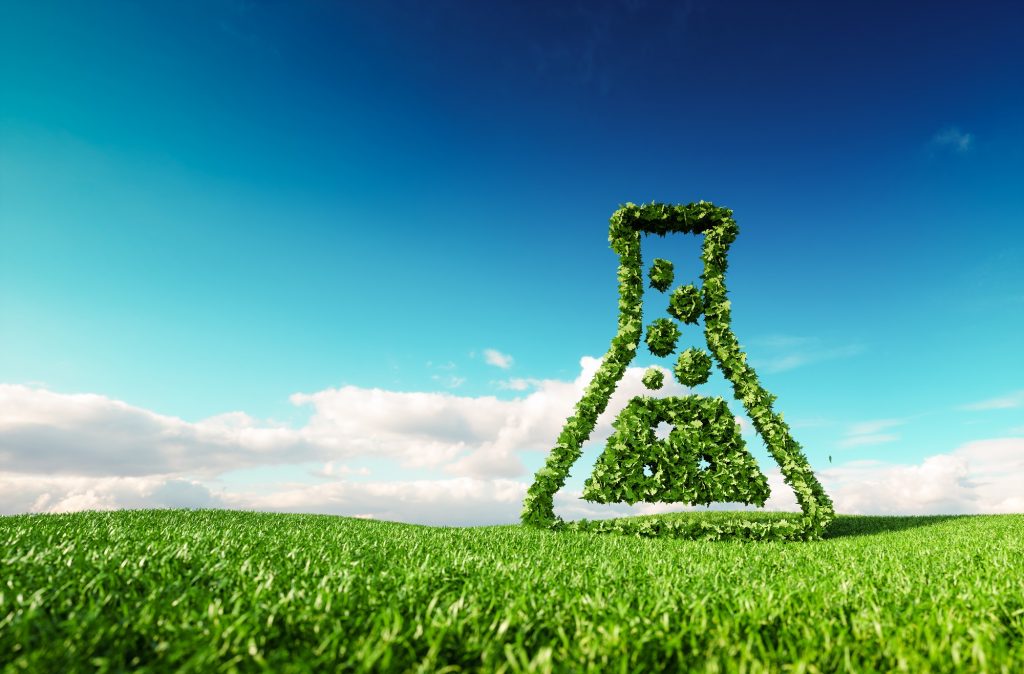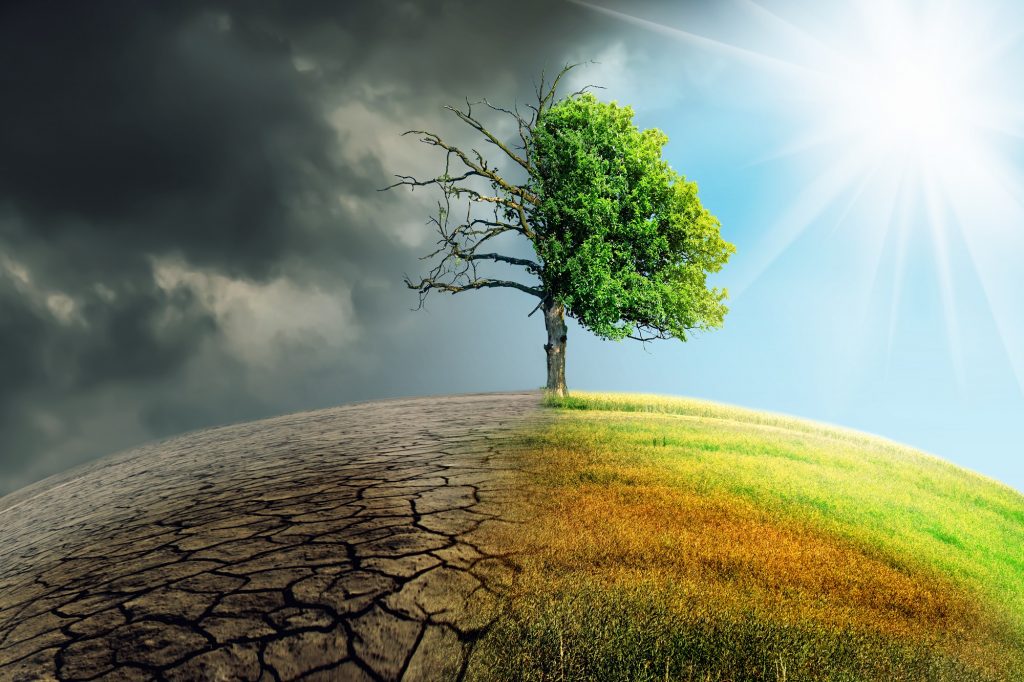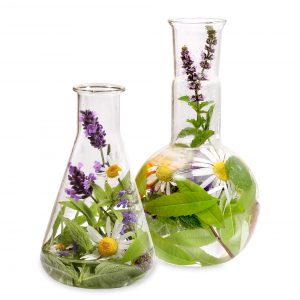The small island of Barbados is home to Nikolai Holder – biochemist, humanist and Spiderman fan
Marvel comic book fans will no doubt recall the famous line from Uncle Ben to Peter Parker (aka Spiderman): “with great power comes great responsibility”.
It is a proverb that 31 year old Bajan biochemist Nikolai Holder quotes for this interview, and one that he lives by. As a scientist, he believes he has a duty to use his skills and knowledge to improve humanity and our planet.
“Scientists have the ability to understand the universe, how it works, and manipulate certain elements of it to suit our needs. Seeing how irresponsibly human beings have used their power over the years … I am motivated by the knowledge that I, and persons like myself, can make a positive difference, once we put in the work necessary to do so.”
Harnessing the power of plants

Nikolai’s words are testament to his passion for making a meaningful contribution towards the UN Sustainable Development Goals (SDGs). Adopted by the member states of the UN in 2015, the SDGs are the calls-to-action for every country to protect our planet and prosperity.
Based at The University of the West Indies (The UWI) in Barbados, Nikolai’s research primarily focuses on the production of various biofuels such as biomethane, ethanol and biodiesel.
Using microorganisms – mainly bacteria – Nikolai and his team of eight have been investigating different biochemical reactions, such as the biochemical conversion of biomass to fuel and the rapid production of various enzymes to carry out chemical and biochemical syntheses.
Nikolai discovered that grass clippings, which he collected from around the campus, are a particularly effective bio-organic substrate. In 2018 he constructed a semi-industrialised anaerobic digester system and fed the clippings into it to produce biogas. The compressed biogas is stored as biomethane in large canisters and powers six research labs on campus, as well as the teaching lab and prep room.
Such developments towards cleaner, greener energy production are important for a region that has been largely dependent on fossil fuels. And even more pertinent because of its vulnerability to the impacts of climate change.
Climate change: a small island’s view
Like other Small Island Developing States (SIDS), Barbados, where Nikolai grew up, is susceptible to a wide range of natural hazards, including droughts, earthquakes, floods, hurricanes and landslides. According to the UN World Food Programme these events cause an estimated US$3 billion in annual losses.
The 2017 Atlantic Hurricane Season, for example, caused unprecedented levels of destruction, affecting millions of people and outstripping short-term response capacities.[1]
However, SIDS contribute little to the problem of climate change: the combined annual carbon dioxide output of SIDS nations accounts for less than one per cent of global emissions.[2]
“Our research area is extremely important because once we are able to properly understand how to produce fuel, food and medicines in a sustainable manner, in addition to sequestering the excess CO2 currently in our atmosphere, we will catapult humanity to a level of harmony, peace and wellbeing never seen before.”

Increasing crop production in Barbados
In studying anaerobic digestion (the natural process through which bacteria breaks down organic matter without oxygen), the team has explored the potential of the digestate to improve soil quality. Soil degradation caused by deforestation, natural hazards, improper farming practices and generally low levels of organic matter in the soil present a threat to the island’s food security.
“We have had much success with these studies so far, boosting crop production rate by 50%,” says Nikolai. “This is some very important research with respect to food production and sustainable living and we are actively expanding the research capacity for this particular area.”
Last year, Nikolai’s research was recognised at the Commonwealth Chemistry Posters, a virtual event where early career chemical scientists had the opportunity to present their research to the Commonwealth Chemistry community. Nikolai is using the monetary prize to fund the team’s research – a common obstacle for most early career scientists.
“Reagents and equipment are expensive,” says Nikolai, “and then when we can afford them, they take forever to get to the island. This can be very problematic for research.”
From fuel and food to medicines
The UWI’s Department of Biological and Chemical Sciences is home to Nikolai’s 40m2 laboratory, where he and his team have recently established a new branch of research; pharmaceutical biochemistry.
“While one aspect of the research investigates the microbial conversion of various types of biomass (such as grass and Sargassum seaweed) to fuel, another looks at the production of biomass to serve as food,” Nikolai explains. “This specialized branch investigates the use of medicinal plants to naturally, biochemically produce various bioactive compounds that can be used to produce medicines for numerous ailments.
“We have had minor success in the use of lemon grass extract as a powerful antifungal agent, and we are developing this as efficiently as possible.”

The power of three: love, support and mentoring
Following a career in science was not commonplace within Nikolai’s circle of family and friends, but he’s always had a love of science.
“I remember as a child watching shows like Beakman’s World, Bill Nye and a plethora of other science shows. I always loved figuring out how things worked and building various gadgets from old parts, based on certain principles of operation. This led to me choosing to go into this career path. It was just something I always knew I wanted to do.”

Nikolai’s interest in biochemistry was nurtured by his late mentor, Dr Sarah Sutrina who was a senior lecturer in microbiology at the UWI. Tragically, Dr Sutrina was the victim of a homicide in January 2019, an unimaginable shock and loss to all those who knew her.
“I am especially proud to have been mentored by one of the most amazing scientists to have ever lived, Dr Sarah L Sutrina …” says Nikolai, “… through her tutelage and mentorship I saw the tremendous possibilities that this field of study [microbial biochemistry] had to offer.”
Two other women have provided strong role models for Nikolai. “I was raised by my mother and my grandmother who provided a no-nonsense yet loving and supportive household,” he says. That love and support no doubt contributed to Nikolai’s confidence in following a career in science.
“I remember being in primary school and the teacher asking us what we wanted to be when we grew up and I said I wanted to be a scientist … I would never forget that. It wasn’t quite as popular in Barbados as it was in other places in the world, like Germany for example, but I didn’t care. I knew that is what I wanted to be and I worked to be that.”
Looking forwards
Today, Nikolai is proud to be practicing as a research scientist at The UWI and able to use his skills to benefit society. And his hopes for the future?
“For humanity to finally wake up, accept that we are all one, and use our power – of having the highest level of consciousness among all the animals – more responsibly.”
[1] The Caribbean, UN World Food Programme
[2] Spotlight on Small Islands as World Environment Day Celebrations Kick off in Barbados, UN Environment Programme
Interested in finding out about another winner of Commonwealth Chemistry Posters?
Learn about Siu Yee New and her research on detecting disease.
To find out about future editions of this event, visit our event page.
